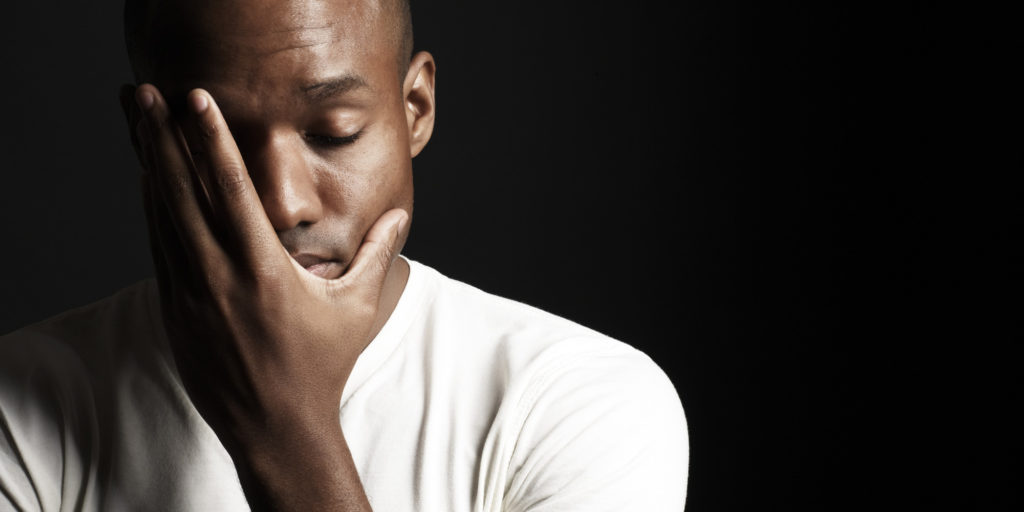
Gay, Lesbian or Bisexual Young People
For children and parents, the teenage can bring lots of change. Changes in the brain and hormones bring about many physical, sexual and emotional changes. While dealing with relationships and sexuality young people are working out who they are. Working out their feelings towards others and whether they are gay, lesbian or bisexual might be an extra pressure to deal with.
Each parent has their own way of reacting when their child discusses their sexuality or ‘comes out’ as same-sex attracted. For some parents it is no big deal, it is just a part of who their child is, but some parents might feel confused, shocked, disappointed, angry or guilty. It may challenge their values and beliefs, especially some cultural or religious beliefs. They might feel embarrassed and anxious about the reactions of family members or friends.
Sometimes parents feel the hopes and dreams they held for their child are now lost. However, many parents come to realize their young person can live a full life no different from their other children, including having a successful career, a committed relationship and children if that is what they want.
Some parents choose not to accept their young person’s sexuality and this can lead to a break in family relationships that is hurtful for everyone.

When your young person tells you they are same-sex attracted, the most important thing is to make sure they know you love them. Tell them you’re proud they trust you enough to be honest with you. The best thing to say when your young person talks about their sexuality or comes out to you is ‘I love you’. They need your love, respect, and understanding now more than ever.
Many parents worry they did something wrong and may be to blame for their child’s sexuality. However, there is no evidence that parenting styles or family situations determine sexuality. If it were about parenting style then other children in the family would be same-sex attracted as well.
To tell a parent you’re lesbian, gay or bisexual takes great courage. Once said, it can’t be taken back. They know it could change how you feel about them. They might worry they will lose your love
They may worry about hurting you or feel guilty about ruining your hopes and dreams for them.
All children and young people want to feel accepted and that they belong regardless of their sexuality. It is important that parents help them work things out in a safe and supportive environment where they feel valued and loved for who they are.
Children who are rejected by their parents have higher rates of mental and physical health problems including risk-taking behavior, drug use, self-harm, depression, and suicide attempts. They are also at higher risk of homelessness if parents tell them to leave, or the stress and conflict become too great and they move out without support. Parents can help by creating a safe home where everyone feels respected and that they belong, regardless of sexuality.
